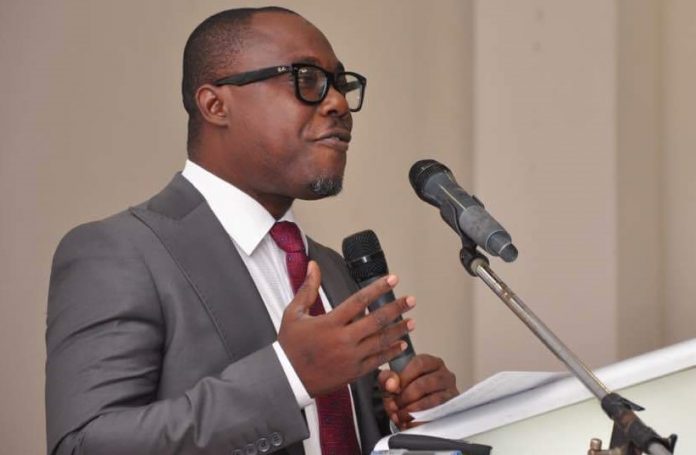|
Getting your Trinity Audio player ready...
|
Ghana has recently witnessed a troubling increase in youth polarization, a trend that threatens effective governance and creates opportunities for opportunistic politicians, according to Professor Ransford Gyampo.
Professor Gyampo believes that the division among the youth, traditionally seen as the nation’s conscience, has allowed those who prioritize political gain over good governance to prosper. “Soon after we got to the Fourth Republic, politicians recognized the power of the youth in shaping political landscapes. They acknowledged that youth could make or break regimes, which led to the establishment of factions like TEIN and TESCON,” he explained.
The impact of this polarization is profound. Professor Gyampo observed, “When one youth group organizes a demonstration against perceived injustices, another faction often emerges to counter it, further dividing the youth and impeding effective governance.”
He argued that this environment allows political parties to focus on maintaining their support base rather than pursuing policies for the greater good. “If one set of youth groups organizes a demonstration against something wrong, another group will counter the demonstration,” he said. “This creates a situation where political parties, like the NPP, know that regardless of their governance shortcomings, their support base will not challenge them.”
Professor Gyampo made these points during a discussion on TV3’s *Key Points* on June 29, 2024, where he highlighted how the polarization of youth undermines democratic accountability and good governance in Ghana.





